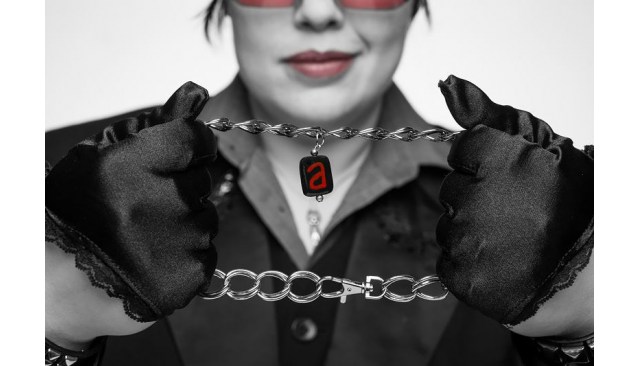The coverage wasn't lost on Ron Steinman, an editor of one of Thin Line's favorite blogs, Digital Vision Network (www.dvnetwork.net/blog). Steinman, a veteran network TV producer who covered Vietnam, notes that upwards of 100,000 veterans may suffer from post traumatic stress disorder once the Iraq war runs its course—whenever that happens. He warns that this months stories will be treated as “been there, done that” news in the future and the subject will be shelved if not forgotten in the American consciousness.
“It took many years and many studies after the Vietnam War ended before the civilians in our government, the generals in our military, and doctors of every discipline, recognized that PTSD, shellshock in other wars, was a genuine problem with some men who fought in Vietnam,” writes Steinman. “Recognition is a part of the solution. This is a real chance for everyone to start early enough to head off future difficulties for many returning troops.”
The Post story, though, is less about post traumatic stress and more about life in a military camp near Baghdad, where a “trailer provides an oasis in the Iraqi desert,” for soldiers who spend their free hours listening to Metallica and Radiohead while killing each other in Xbox and PlayStation 2 games like Halo and Mortal Combat. “It's a virtual reality that at least temporarily hides the real war outside,” writes embedded reporter Josh White.
Here are two quotes from soldiers, who said they play whenever they are away from patrol, guard duty or in the dining hall: “We sort of zone out and know we can sit here and kill each other, and no one gets hurt. Everyone comes out alive.” And another soldier says: “You forget where you are when you're in this room. Then you step outside and reality hits you. You're in the desert. You're in Iraq. I try not to leave.”
On his blog, Steinman reflected on the Post story, saying: “It gives me pause. It should give all of us pause. I wonder where fantasy ends and reality begins. Do these young men know the difference? You be the judge, though, and when we see those stories about PTSD, think hard about those soldiers between patrols in a hostile land taking a break playing video games of death and destruction in a desolate trailer deep in Iraq. And what it will be like for them, and for all of us, when they come home.”
For our part, the Alibi is featuring a compelling and somewhat tragic news feature in our next issue that goes into more detail about PTSD and the potential pitfalls associated with the return of soldiers from Iraq and the VA's struggle to find funding and resources to adequately deal with the problem. The story, “Soldier's Heart,” was commissioned by the Association of Alternative Newsweeklies and will appear in over 20 alt.weeklies nationwide. It's the first of a two-part series to appear in the next two issues.
If you know anyone in Albuquerque that knows an Iraqi War veteran or is a family member of a deployed soldier, please ask them to contact me at tim@alibi.com or 346-0660, ext. 255.



